Common Myths About Used Clothing Stores
Used clothing stores have emerged as sustainable and fashionable havens for shoppers around the world. Unfortunately, numerous myths and misconceptions still surround this eco-friendly approach to fashion. By debunking these myths, we can appreciate the benefits that come with purchasing pre-loved clothing. In this blog post, we'll explore and dispel some of the most common myths about used clothing stores.
They Only Sell Unfashionable Items
One major myth is that used clothing stores only sell outdated or unfashionable items. This could not be further from the truth. Many thrift stores today offer a curated selection of trendy and vintage pieces that cater to a wide array of fashion preferences. With fashion trends being cyclical, it's not uncommon to find sought-after vintage items in these stores. From iconic wardrobe staples to contemporary designers, used clothing stores often house items that make a unique style statement.
In addition, these stores often attract style-conscious individuals who donate items in great condition. As a result, shoppers can find pieces that align with current trends while also showcasing originality. Thrift shopping is no longer about settling for less; it’s about standing out with distinctive fashion finds.
The Clothes Are Worn Out
Another misconception is that clothes found in used clothing stores are worn out or of poor quality. In reality, many items sold in these stores are gently used and in excellent condition. The rise in fast fashion has contributed significantly to this phenomenon; according to Earth.org, the number of times a garment is worn has declined by around 36% in 15 years, leading to an influx of barely-worn clothing in second-hand markets. When properly inspected, these items can be a fraction of the cost compared to buying brand-new, without compromising on quality.
They’re Only for People With Tight Budgets
It’s also commonly believed that shopping at used clothing stores is only for people on tight budgets. This stereotype fails to capture the growing diversity of thrift store customers. People from various economic backgrounds shop at second-hand stores not only to save money but also to enjoy the thrill of discovering unique fashion gems and to support sustainable fashion.
The focus is shifting from merely cost-saving measures to conscious consumerism that prioritizes ethical and environmental considerations. Thrifting has become a trend embraced by influencers and celebrities alike, making it a fashionable statement rather than just a financial necessity. For many, it’s about curating a wardrobe that reflects individuality and sustainability.
They’re Unhygienic
Many people assume that buying from used clothing stores is unhygienic. However, most stores adhere to strict hygienic practices when accepting and selling clothing. Items are often laundered and cleaned meticulously before being put on sale. Furthermore, shoppers themselves are encouraged to wash second-hand apparel before they wear it. These practices ensure that clothing from thrift stores is as clean and safe as any newly purchased item from a retail store.
The stigma around hygiene often stems from a misunderstanding of how thoroughly these stores vet their inventory. High-quality thrift stores take pride in ensuring their merchandise is clean, well-organized, and appealing to customers. This level of care eliminates any concerns about hygiene, making second-hand shopping a reliable option for even the most cautious buyers.
They Don’t Support the Local Economy
A lesser-known myth is that
used clothing stores don’t significantly impact the local economy. This couldn’t be farther from the truth. Independent second-hand stores help small business owners thrive. These establishments create jobs and stimulate local economies, making them a vital part of the retail landscape. Supporting thrift stores means embracing a cycle of giving back, where both individuals and communities benefit.
Used clothing stores offer a range of benefits that extend beyond the allure of bargain shopping. From fashion diversity and quality assurance to supporting environmental and community causes, the reality of thrift shopping is a far cry from the myths that cloud its reputation. As consumers become more aware and conscientious, these stores are not just alternatives but preferred choices that advocate for a sustainable and ethical fashion ecosystem.
By debunking these myths, we pave the way for more inclusive and informed shopping experiences. Used clothing stores represent an opportunity to embrace sustainability without sacrificing style, hygiene, or quality. Let’s challenge outdated perceptions and celebrate the unique, impactful world of second-hand fashion. If you're looking to buy or sell your cute clothes, stop by Daisy Exchange. We can't wait to see you!


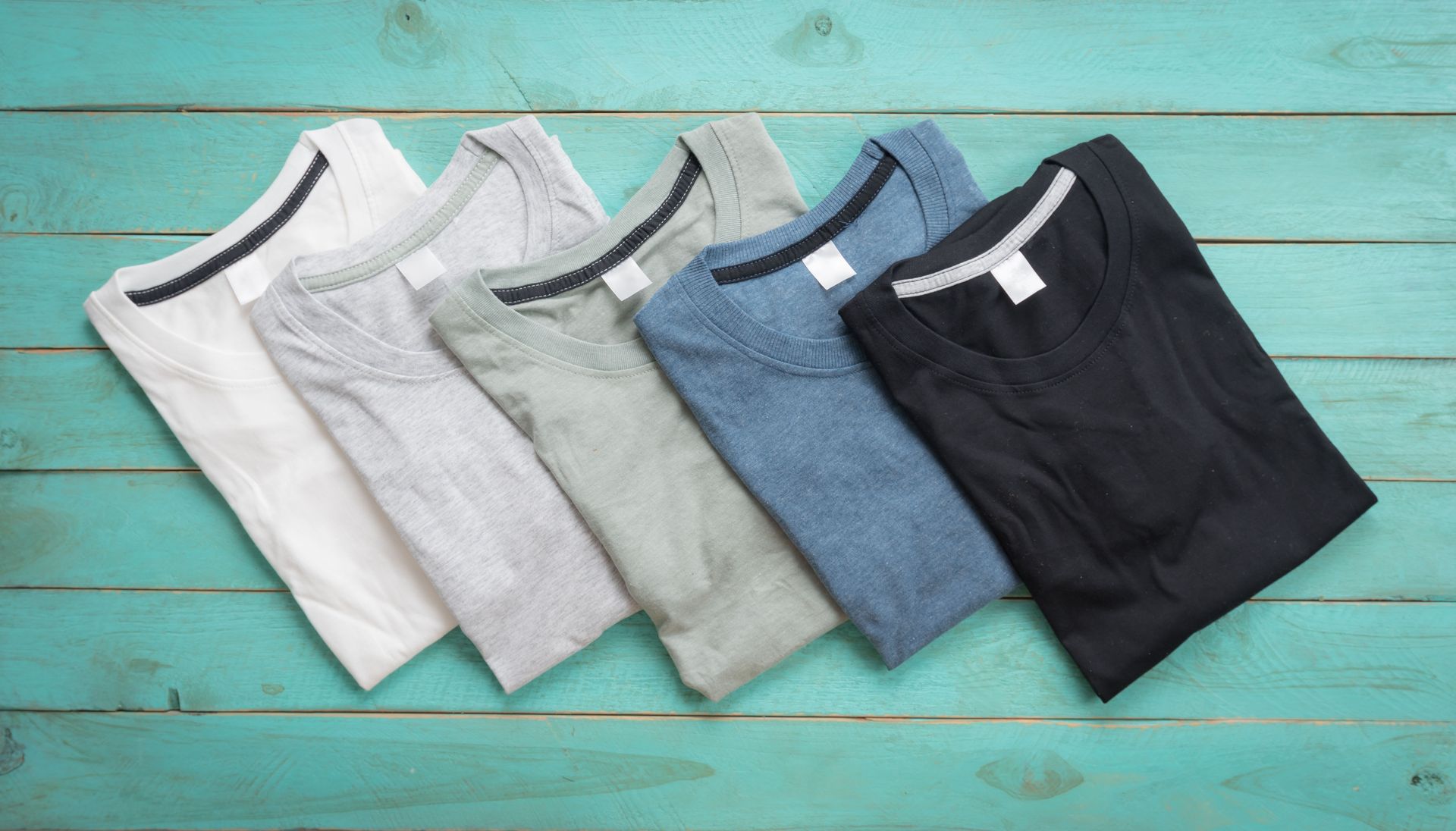
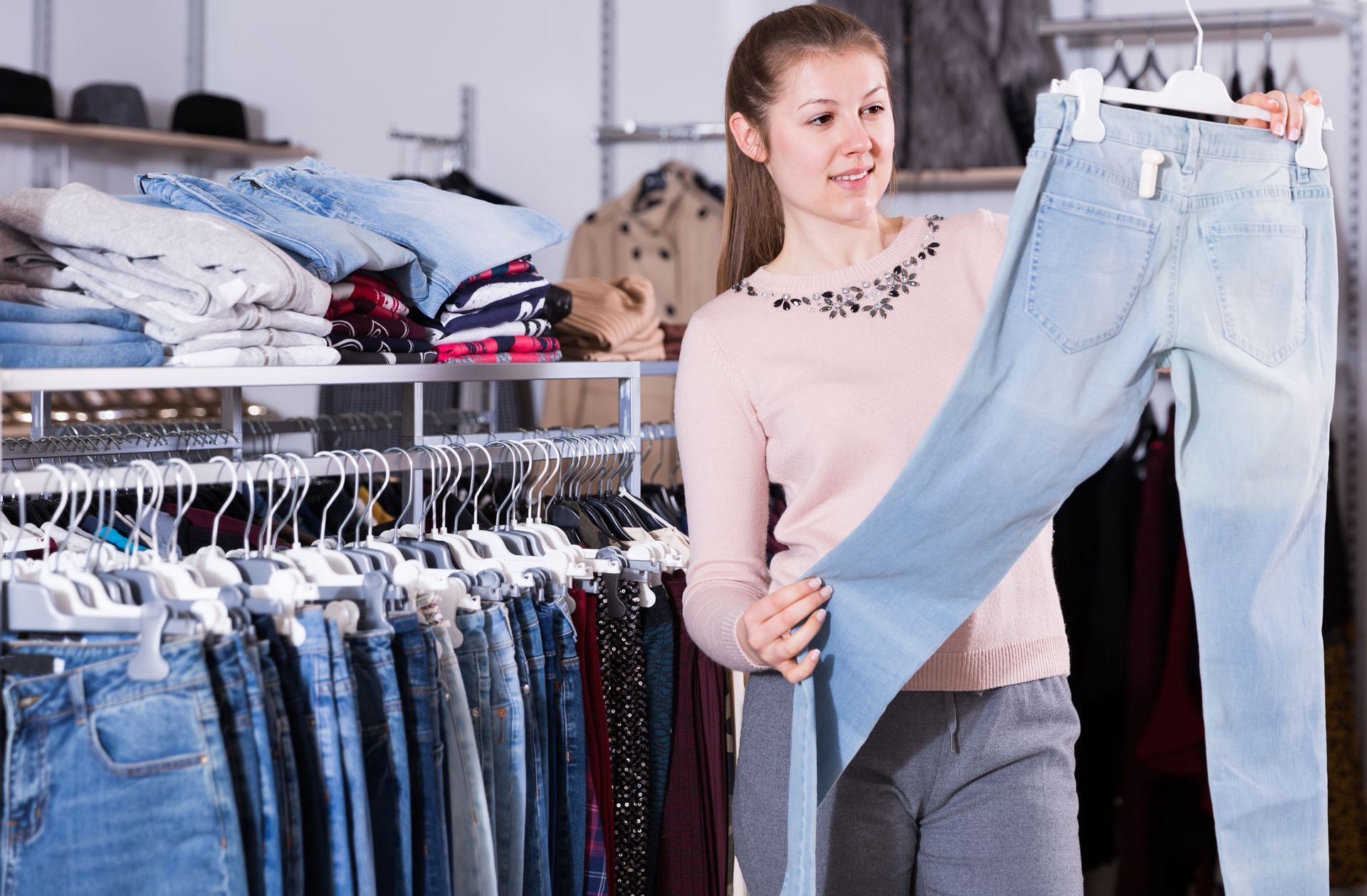
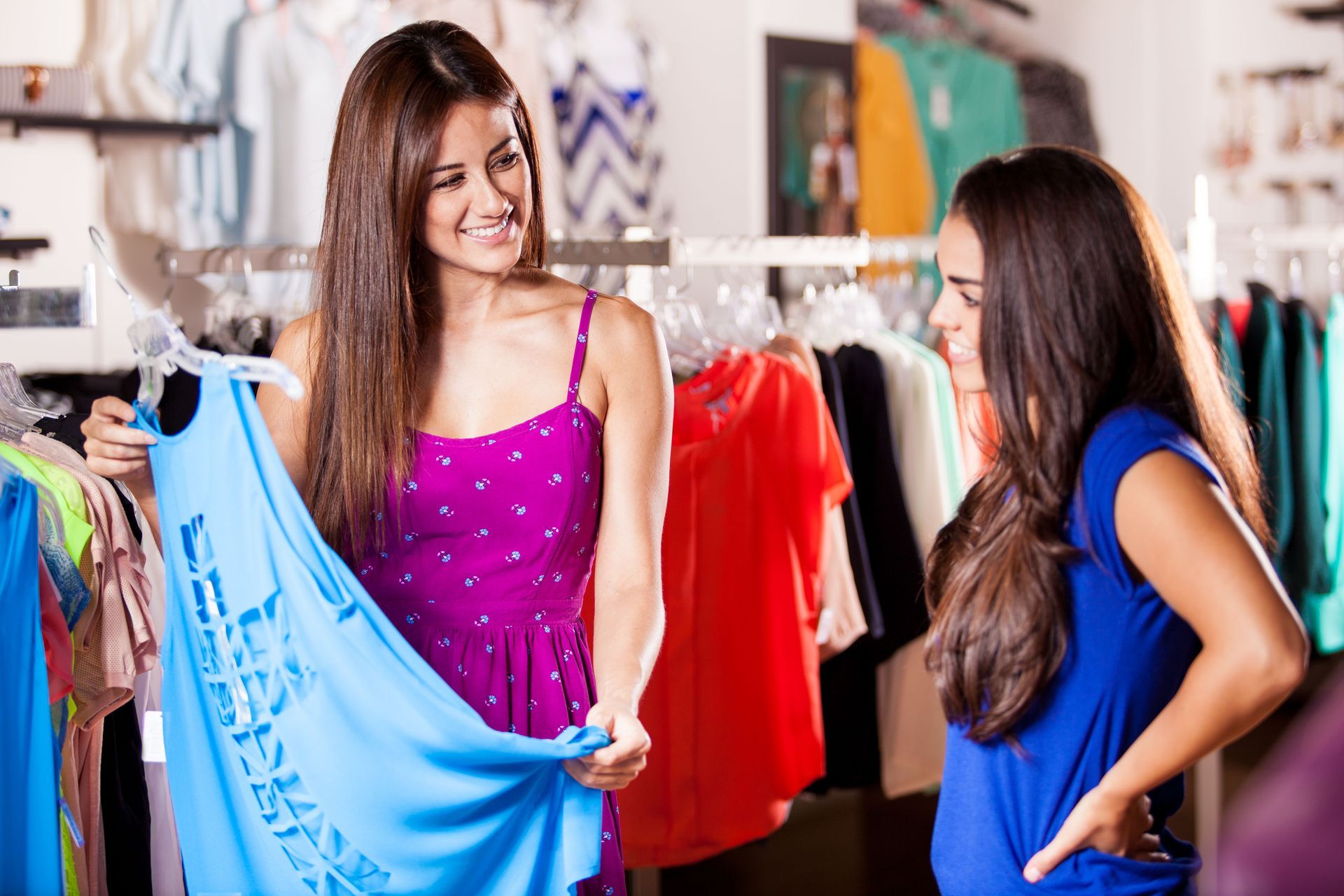
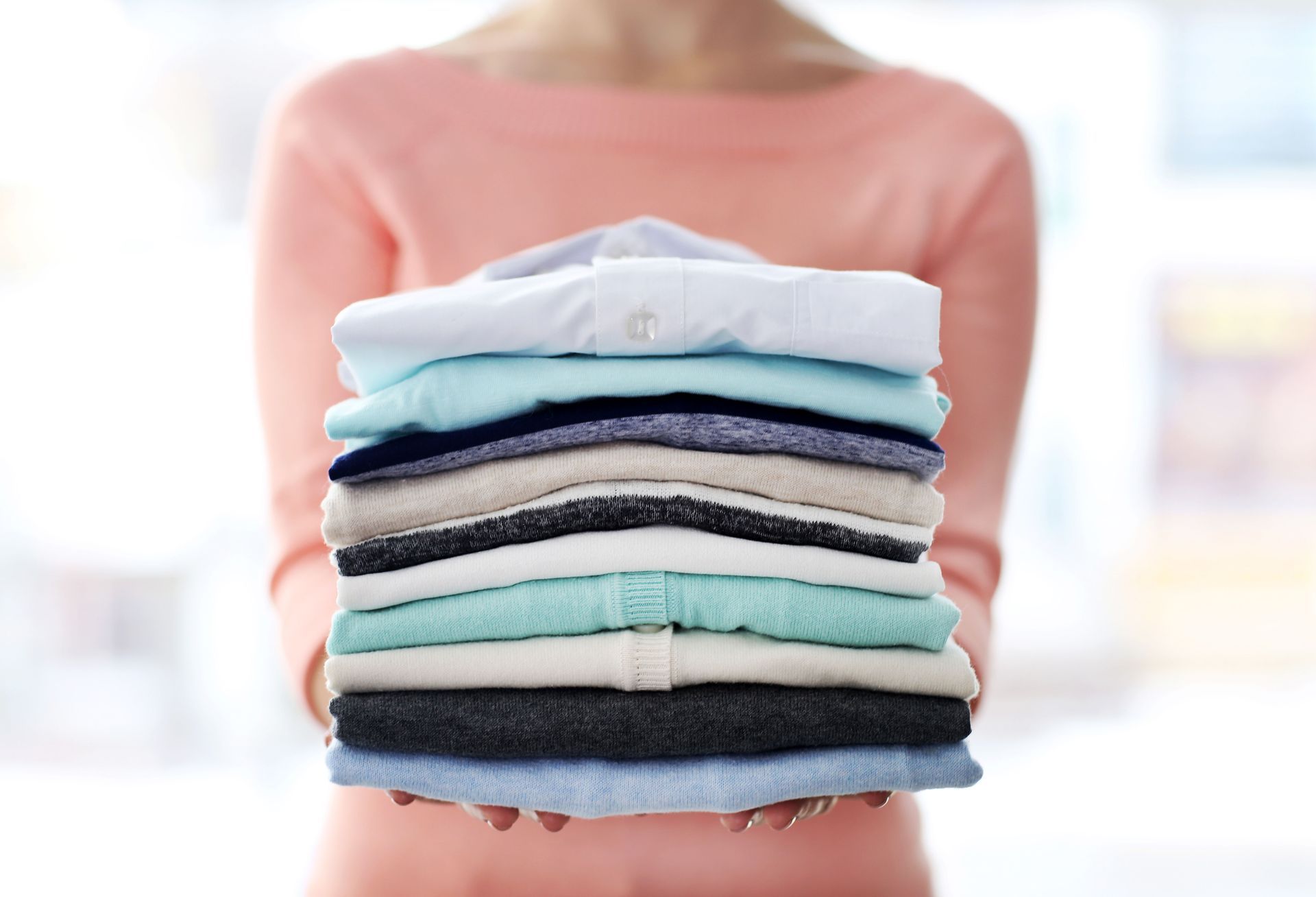
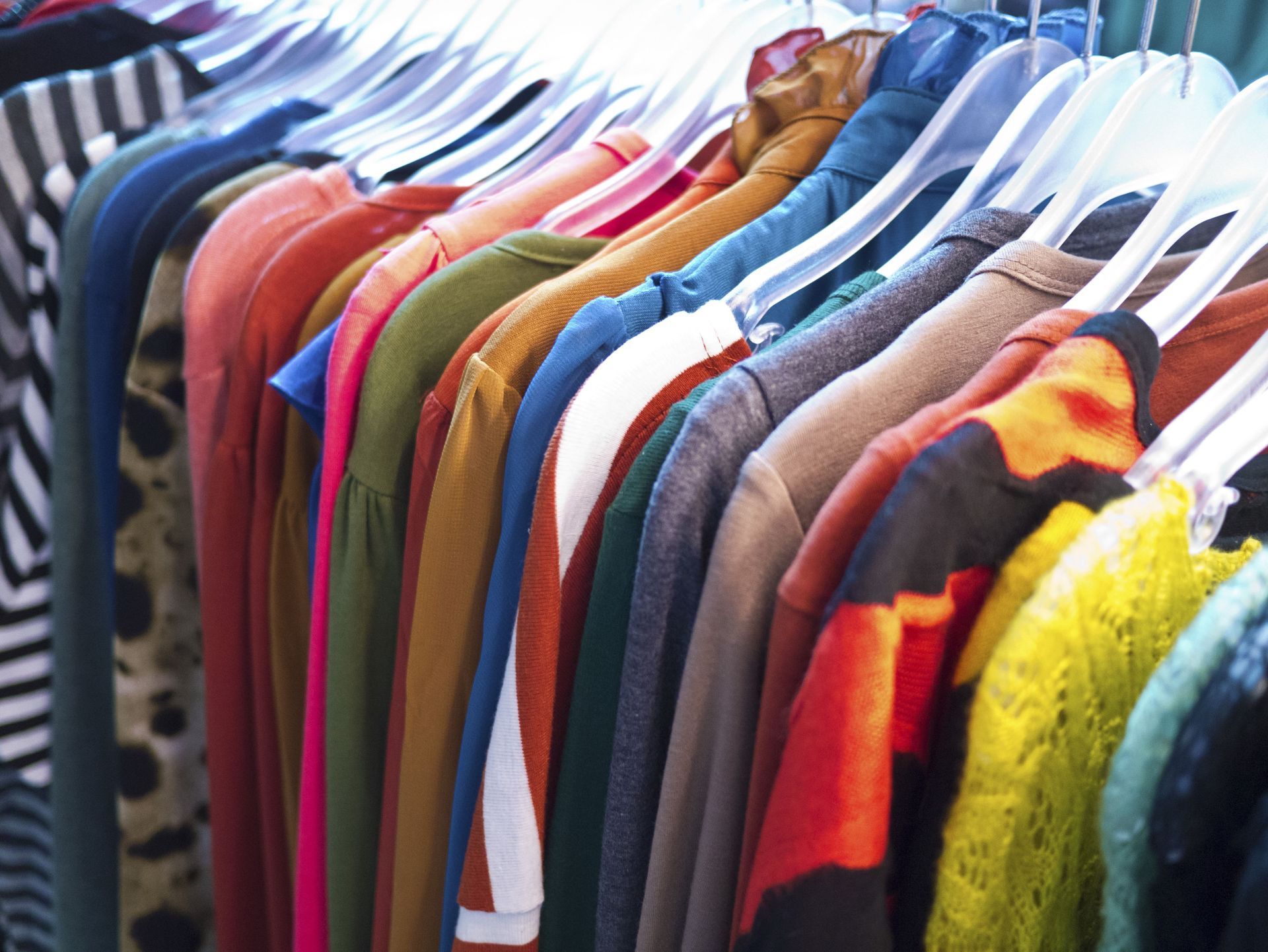
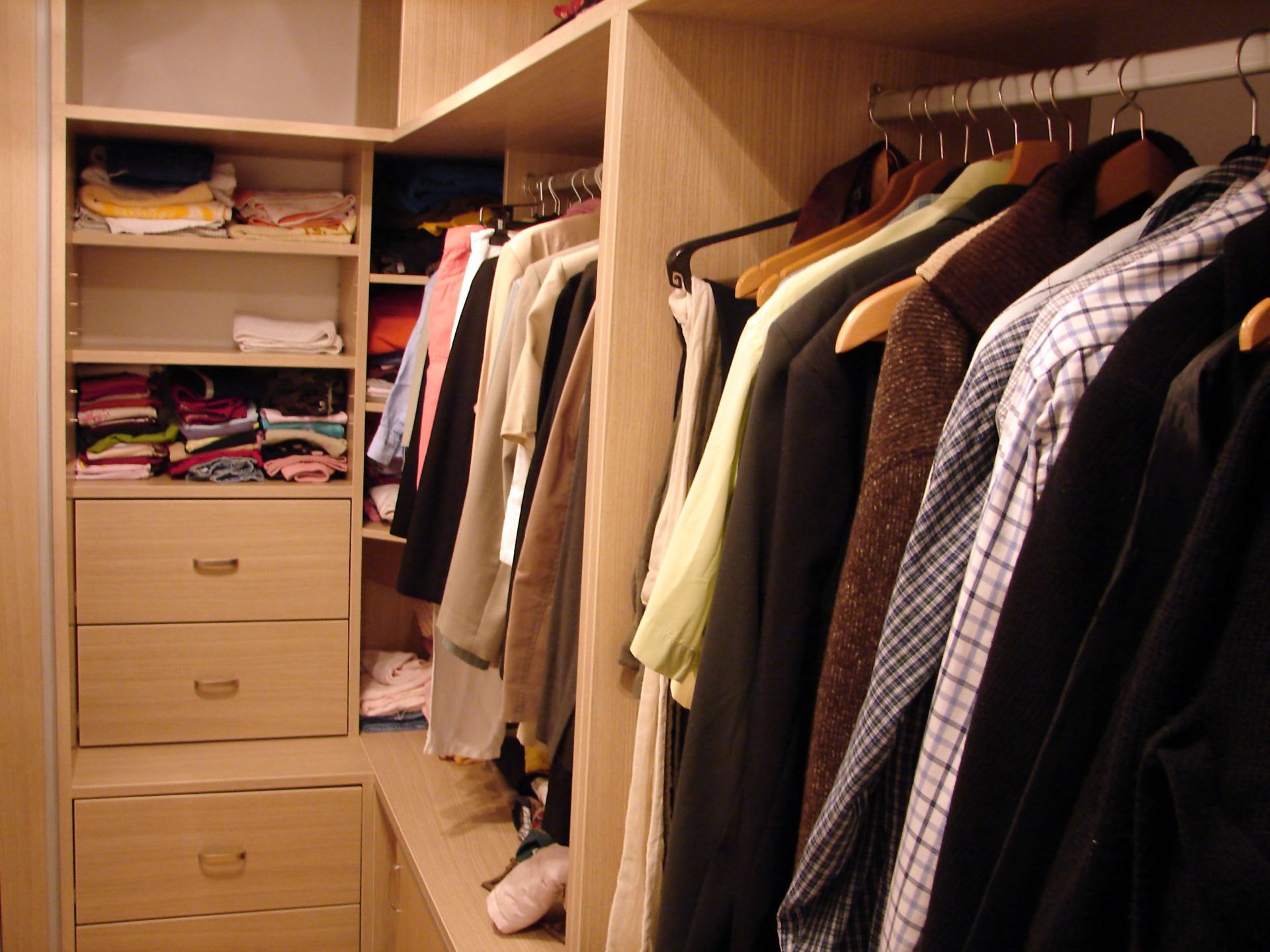

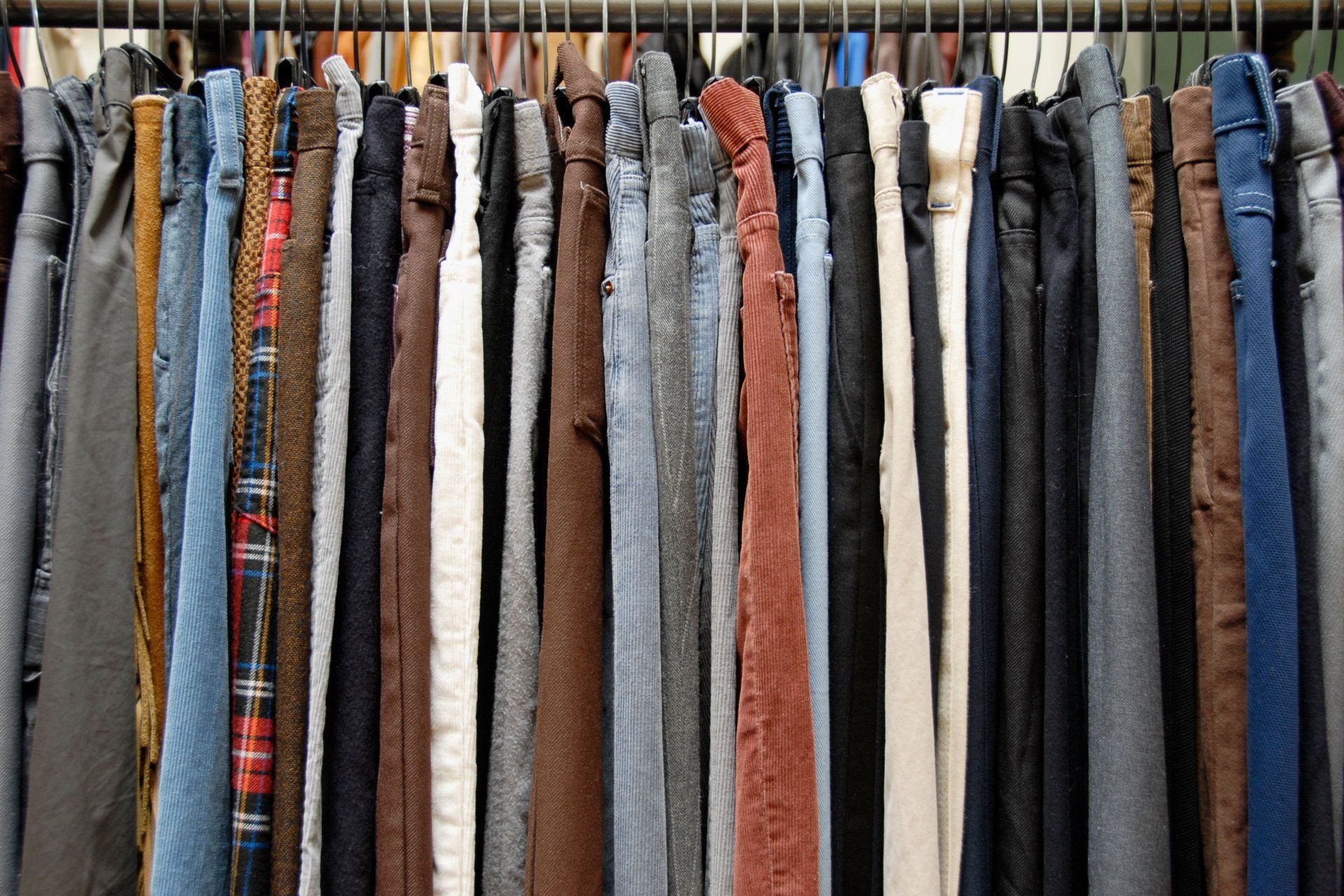
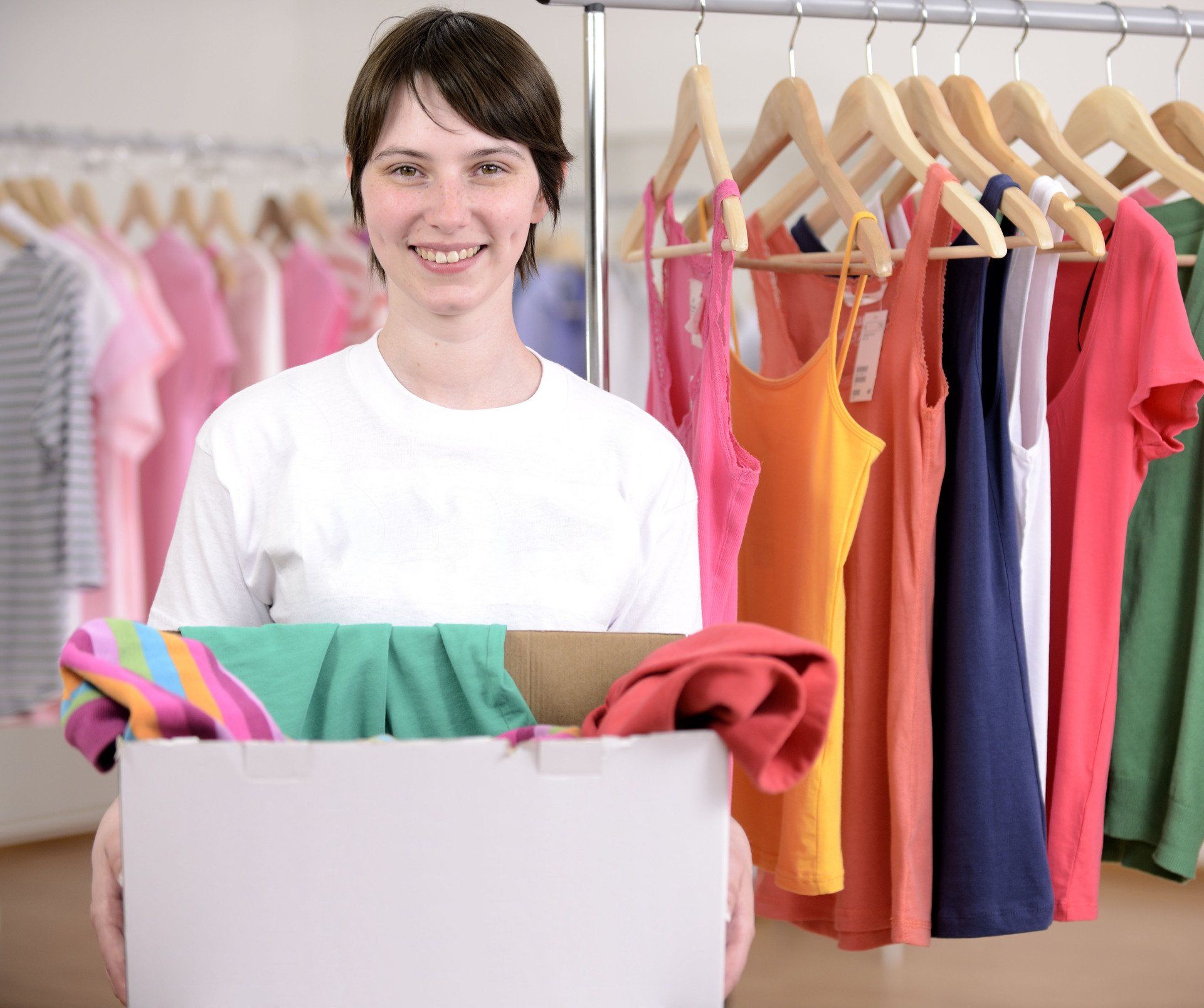
Share On: